To provide the best experiences, we use technologies like cookies to store and/or access device information. Consenting to these technologies will allow us to process data such as browsing behaviour or unique IDs on this site. Not consenting or withdrawing consent, may adversely affect certain features and functions.
The technical storage or access is strictly necessary for the legitimate purpose of enabling the use of a specific service explicitly requested by the subscriber or user, or for the sole purpose of carrying out the transmission of a communication over an electronic communications network.
The technical storage or access is necessary for the legitimate purpose of storing preferences that are not requested by the subscriber or user.
The technical storage or access that is used exclusively for statistical purposes.
The technical storage or access that is used exclusively for anonymous statistical purposes. Without a subpoena, voluntary compliance on the part of your Internet Service Provider, or additional records from a third party, information stored or retrieved for this purpose alone cannot usually be used to identify you.
The technical storage or access is required to create user profiles to send advertising, or to track the user on a website or across several websites for similar marketing purposes.
 Insight Weekly includes a round up of the best stories and commentary from the past seven days. It includes free premium content including features, podcasts, supplements and a link to the digital edition of IN Magazine. In this week’s issue: the rapid growth in the practical use of AI; … and remote work trackers; what we can learn from elite sports; what we’ve always known about flexible working; and David Sharp joins us for the Workplace Cocktail Hour.
Insight Weekly includes a round up of the best stories and commentary from the past seven days. It includes free premium content including features, podcasts, supplements and a link to the digital edition of IN Magazine. In this week’s issue: the rapid growth in the practical use of AI; … and remote work trackers; what we can learn from elite sports; what we’ve always known about flexible working; and David Sharp joins us for the Workplace Cocktail Hour.







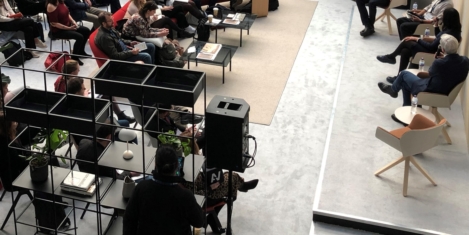
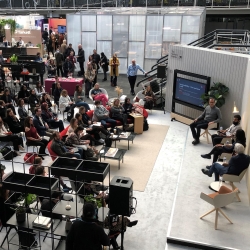





 While millions of words have been dedicated to the expected changes in post-Covid workstyles – how will people work, where will they work, how will they be supported – very little has been said about their employers: companies and corporations. Yet the anticipated changes to work and the workplace raise questions about the role of the company. Is it one just half of a transaction between employer and employee? Or is it something more? Indeed, what is the role of the company in the modern economy? Is the nature of the company likely to change? The answers could have a greater impact on workstyles than the pandemic.
While millions of words have been dedicated to the expected changes in post-Covid workstyles – how will people work, where will they work, how will they be supported – very little has been said about their employers: companies and corporations. Yet the anticipated changes to work and the workplace raise questions about the role of the company. Is it one just half of a transaction between employer and employee? Or is it something more? Indeed, what is the role of the company in the modern economy? Is the nature of the company likely to change? The answers could have a greater impact on workstyles than the pandemic. 

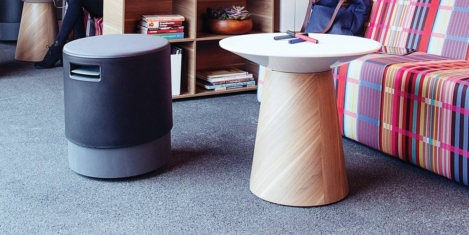
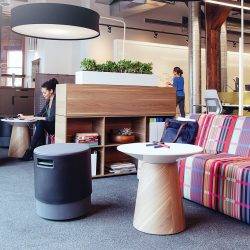


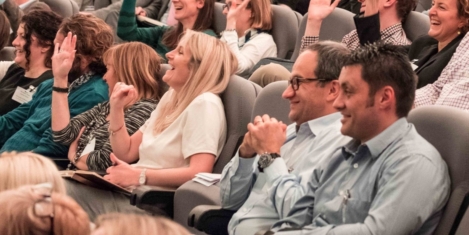
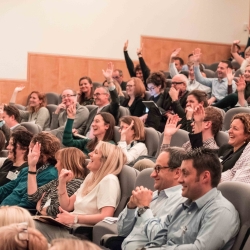








February 2, 2024
Life at the coalface: How the agile workplace first appeared in the mid 20th Century
by Mark Eltringham • Comment, Wellbeing, Workplace design